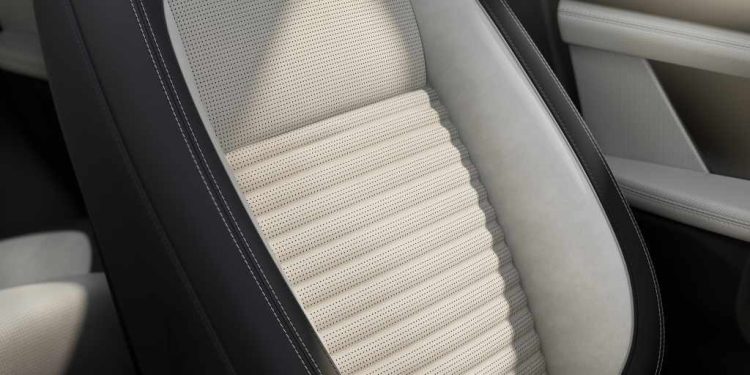Jaguar has discovered how to recycle polyurethane seat foam
Words NZ Autocar | Images JLR
Recycling is key for car makers and, in a recent breakthrough, Jaguar said it has successfully recycled polyurethane seat foam for use in making new seats. This the company claims is a first in the sector.
The material will undergo testing in the full production process now and if successful will be used in pre-production cars in 2026.
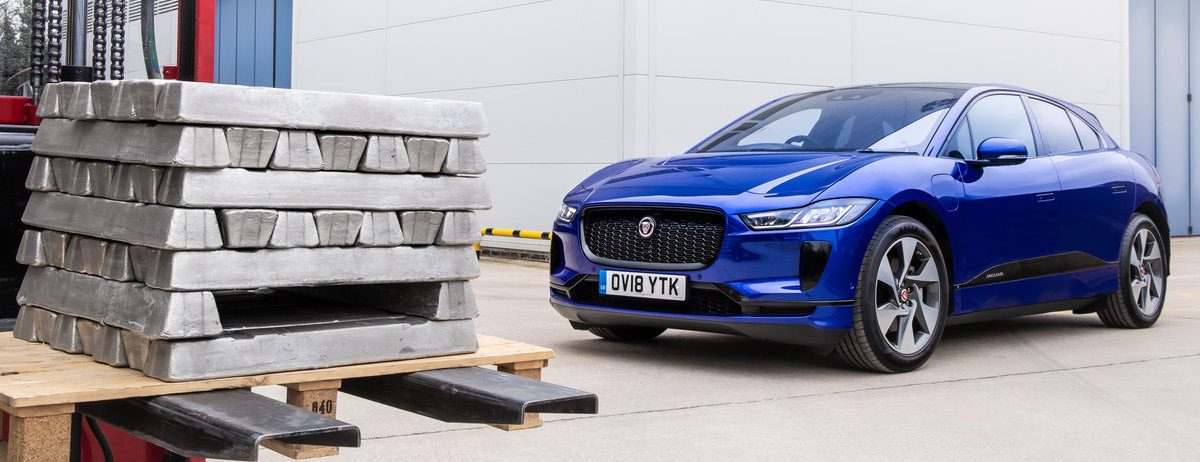
The Brit is keen on recycling and has been for some time. JLR started full-scale recycling of scrap aluminium at its stamping facilities more than 10 years ago.
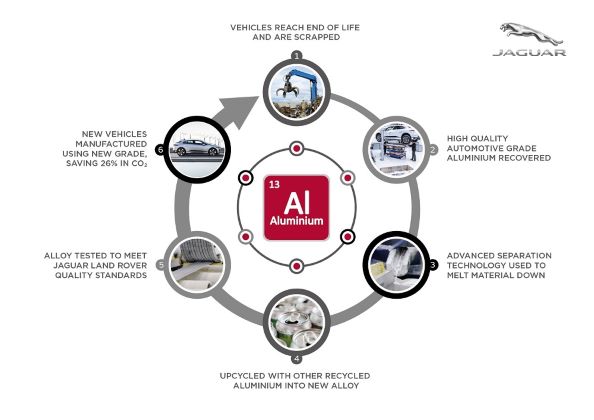
It used 16kg of recycled plastics in the original Range Rover Evoque of 2011. The materials were employed in headliners, seat covers, the centre console, and wheel-arch liners. Each Evoque also featured 21kg of high-quality renewables, including cotton and cardboard.
Recycling polyurethane foam was more of a challenge in which JLR, Dow Mobility Science and seat maker Adient participated.
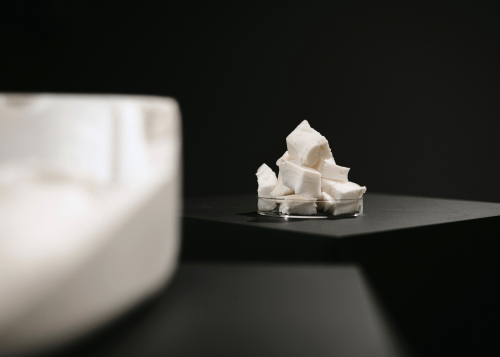
JLR has a Circularity Lab in Gaydon. It sees everything as potentially recyclable until proven otherwise. Mixed materials are often troublesome as separating them out may be impossible. Some recycled plastics that are used in an interior will end up in another life as boot carpets.
The JLR Circularity Lab gets involved right at the start of a vehicle’s development. It looks at the possibility of returning various materials into the supply chain at the same level of quality.
With plastic bumpers, for example, scientists found that the same quality could be achieved using fewer polymers. This reduces CO2 produced during manufacture and also represents a significant cost saving long term.
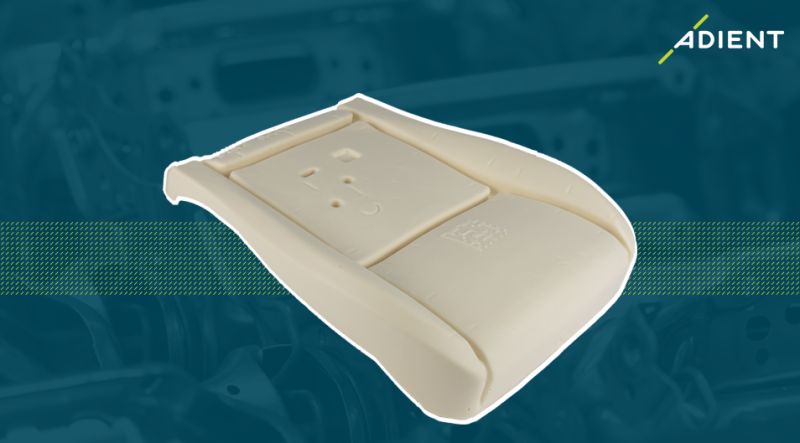
Returning to polyurethane and the so-called ‘circular seat’, use of recycled foam in production could halve emissions to 44kg of CO2 per seat.
Polyurethane is widely used in car interiors, often as a substitute for leather. Alcantara, for instance, comprises two-thirds polyester and one-third polyurethane.


